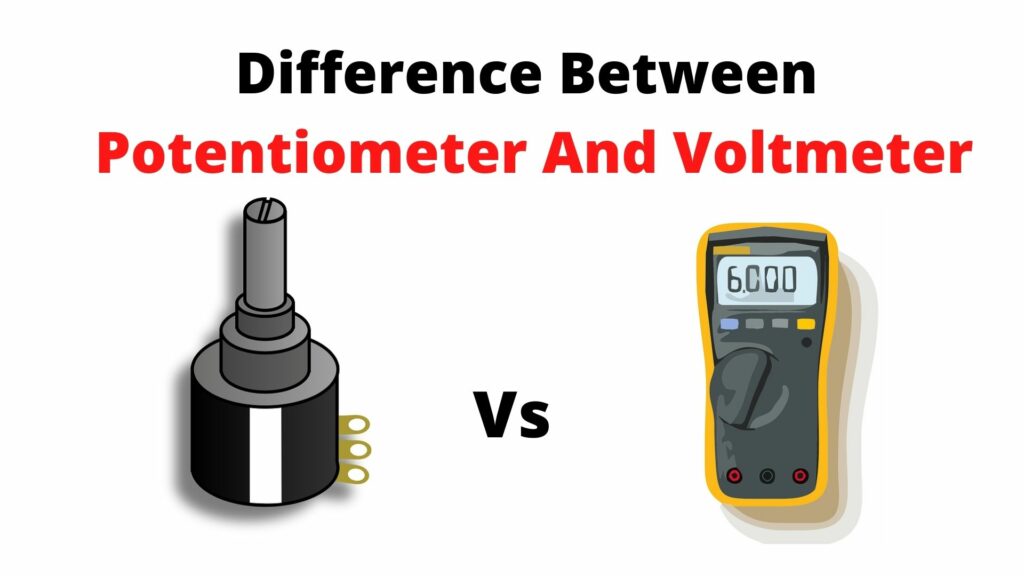
Introduction
Overview of Voltameter and Voltmeter
The distinction between a voltameter and a voltmeter lies in their specific functions within the realm of electrical engineering. A voltameter is primarily utilized for conducting electrolysis, making it an essential tool for chemical analysis and experiments involving electrolytes. On the other hand, a voltmeter serves the purpose of measuring voltage or potential difference in electrical circuits, designed with high resistance to accurately capture these electrical parameters.
Importance of understanding the difference
Understanding the disparity between a voltameter and a voltmeter is crucial for individuals working in the fields of electrical and electronic engineering. This knowledge enables professionals to select the appropriate device for the specific task at hand, ensuring accurate measurements and successful outcomes in their endeavors. By recognizing the unique roles of these instruments, engineers can effectively apply them in their projects, thereby enhancing the quality and precision of their work.

What is a Voltameter?
Definition and purpose of a Voltameter
In the realm of electrical engineering, a voltameter is a device specifically designed for conducting electrolysis processes. Its main purpose is to facilitate chemical analysis and experiments involving electrolytes by measuring the quantity of electricity passed through a solution.
Applications and usage in electrolysis
The primary application of a voltameter is in electrolysis experiments, where it plays a crucial role in determining the amount of substance produced or consumed during the process. By accurately measuring the electrical charge passed through the electrolyte, a voltameter enables researchers to analyze and understand the chemical reactions occurring within the solution.
What is a Voltmeter?
Definition and function of a Voltmeter
In the field of electrical engineering, a voltmeter is a high-resistance device utilized for measuring the potential difference or voltage between two points in an electrical circuit, providing accurate readings to assess the electrical characteristics of the system.
Role in measuring potential difference in circuits
The key role of a voltmeter is to quantify the voltage drop across components in a circuit, aiding engineers in understanding the behavior of the system and ensuring proper functioning by detecting any irregularities in voltage levels.

Key Differences
Contrasting features of a Voltameter and Voltmeter
- A voltmeter is a high-resistance device for measuring voltage in electrical circuits.
- A voltameter is specifically used for conducting electrolysis processes.
- While a voltmeter measures voltage between two points, a voltameter is involved in electrolytic reactions.
Unique characteristics and uses
- Voltmeters provide precision measurements of voltage levels in circuits.
- Voltameters are crucial in electrolysis experiments to analyze chemical reactions.
- The accuracy and resistance levels differ between the two devices due to their distinct purposes.

Types of Measurements
Specific measurements taken by a Voltameter
Using a voltameter, measurements involving electrolysis processes are carried out. It is primarily focused on analyzing chemical reactions within the electrolyte solution. The device allows for precise monitoring and control of the current flow during these electrolytic reactions.
Voltage measurements conducted by a Voltmeter
In contrast, a voltmeter is specifically designed to measure the potential difference or voltage between two points in an electrical circuit. It provides accurate readings of voltage levels, aiding in the proper functioning and analysis of electrical systems. The high resistance of a voltmeter ensures minimal interference with the circuit being tested.
